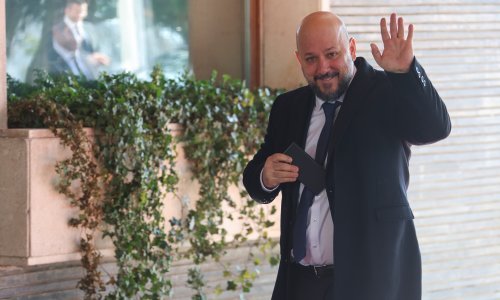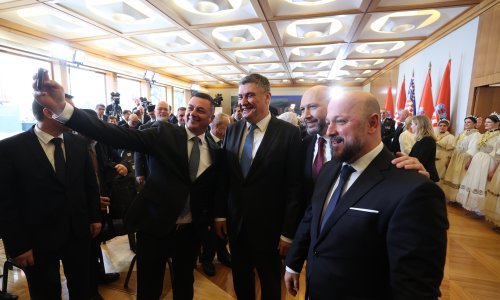A conference on the challenges and opportunities of EU membership was organised in Zagreb on Wednesday by the company Ernst&Young.
The period leading up to Croatia's EU accession should be used to choose options that would increase Croatia's competitiveness on the single European market, it was said at the conference.
Attending the conference of the leading international accounting firm were members of the business community in Croatia.
It is quite common for countries that are about to enter the EU to reconsider the short and long-term effects of accession and now is the right time to sensibly choose options that will increase Croatia's competitiveness, thus creating conditions for sustainable economic growth, said Denes Szabo, a partner at Ernst&Young.
He said that it was important that the Croatian government was aware of the needs of the economy and that those needs would be a decisive factor in the process of adjustment of national legislation to EU standards.
Szabo expressed confidence that accession to the EU would bring positive changes in the economy and society in general already in the short term.
Entrepreneurship and Trade Minister Gordan Maras said the government would use the opportunity of EU membership to facilitate economic growth and improve the business climate.
Dubravka Sekulic Grgic, assistant director of the Tax Administration, said there was no obligation in the EU to adjust all types of taxes, but that the tax policy of any member-country "must not obstruct the movement of goods, services, capital and workers."
The purpose of aligning Croatia's tax system with EU standards is "gaining taxpayers' trust and establishing partnership between tax authorities and taxpayers."


































